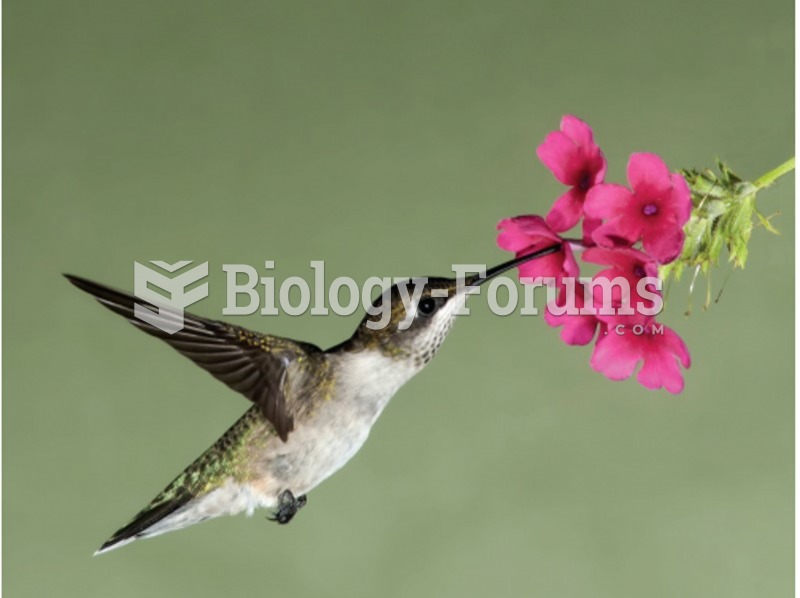|
|
|
The cure for trichomoniasis is easy as long as the patient does not drink alcoholic beverages for 24 hours. Just a single dose of medication is needed to rid the body of the disease. However, without proper precautions, an individual may contract the disease repeatedly. In fact, most people develop trichomoniasis again within three months of their last treatment.
Russia has the highest death rate from cardiovascular disease followed by the Ukraine, Romania, Hungary, and Poland.
Addicts to opiates often avoid treatment because they are afraid of withdrawal. Though unpleasant, with proper management, withdrawal is rarely fatal and passes relatively quickly.
In the United States, there is a birth every 8 seconds, according to the U.S. Census Bureau's Population Clock.
Not getting enough sleep can greatly weaken the immune system. Lack of sleep makes you more likely to catch a cold, or more difficult to fight off an infection.
 Three Tasmanian devils feeding. Eating is a social event for the Tasmanian devil, and groups of 2 to
Three Tasmanian devils feeding. Eating is a social event for the Tasmanian devil, and groups of 2 to
 The skulls of living haplorhines differ from those of strepsirhines by having large brains, an enclo
The skulls of living haplorhines differ from those of strepsirhines by having large brains, an enclo





